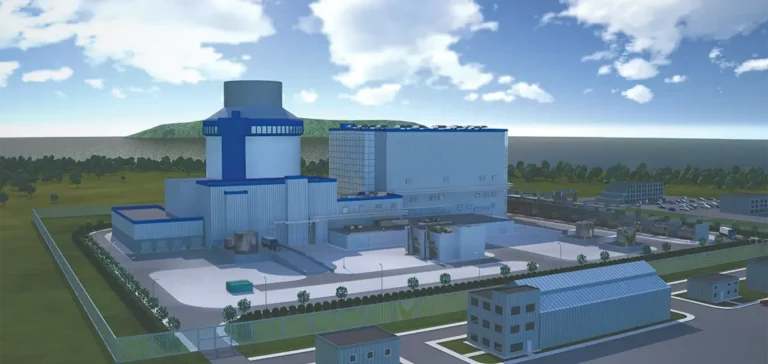Polskie Elektrownie Jądrowe (PEJ) notified the European Commission on 14 July of its plan to build a three-reactor AP1000 plant at Lubiatowo-Kopalino on the Baltic coast. This notification, required by the Treaty establishing the European Atomic Energy Community (Euratom Treaty), allows Brussels to issue an opinion on the project’s safety, sustainability and efficient resource use. That opinion is mandatory before the President of the National Atomic Energy Agency (PAA) can grant a construction licence. The government sees the facility as a key lever to reduce national dependence on coal.
Costs, technology and timetable
PEJ, wholly owned by the Polish State Treasury, puts the investment at $49bn. An eighteen-month engineering contract signed in September 2023 with Westinghouse Electric Company and Bechtel is now finalising a site-specific design for AP1000 pressurised water reactors. The operator plans the first unit to enter commercial service in 2033, followed by two identical units. Poland still generates about 70 % of its electricity from coal, leaving limited domestic experience in nuclear construction.
On 14 December 2024, the Commission opened a separate inquiry into whether the envisaged public support complies with European Union state-aid rules. This procedure, based on Article 107(3)(c) of the Treaty on the Functioning of the European Union, must determine whether the financial backing is necessary, proportionate and in the common interest, Politico reported on 15 July. Polish authorities must therefore await two decisions: the Euratom opinion requested by PEJ and the state-aid ruling. Brussels has not yet set an official timetable for closing the investigation.
Official statements and next steps
The Government Plenipotentiary for Strategic Energy Infrastructure, Wojciech Wrochna, called the notification “an important milestone for Poland’s first nuclear power plant”, according to a ministerial release dated 14 July. PEJ President Marek Woszczyk added that compliance with Article 41 shows the developer’s commitment to European standards and confirms steady progress. Both officials stressed that the Euratom process is separate from the financial review. The Commission’s opinion, though advisory, often influences national regulators and lenders. Analysts note that the Euratom assessment covers engineering and safety, while the state-aid inquiry deals with revenue guarantees and competition. Financing agreements cannot close without clarity on both fronts. A favourable opinion could allow construction to start as early as 2027, several sector advisers estimate.






















